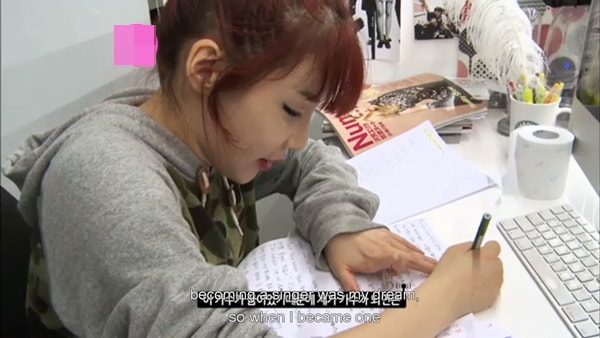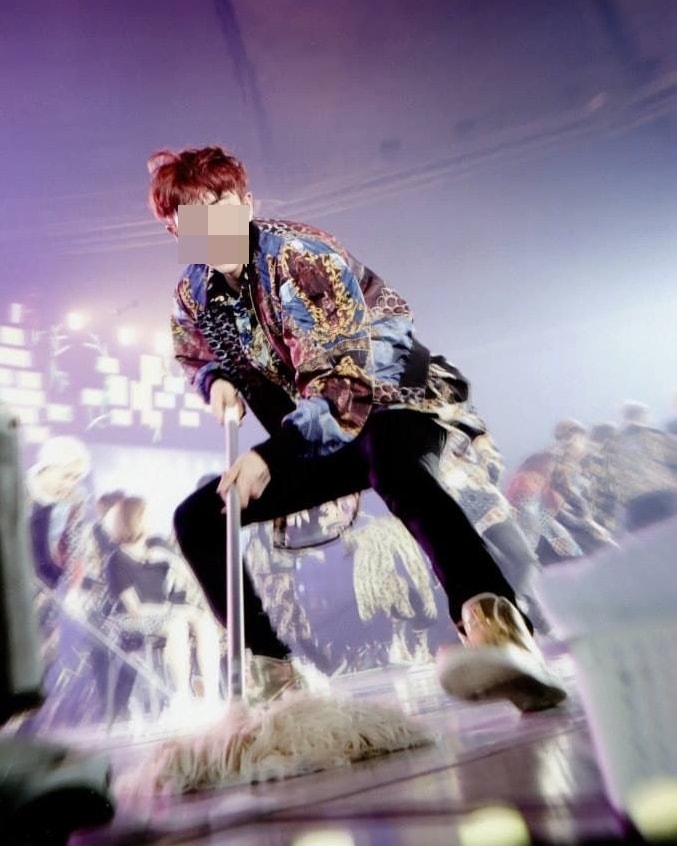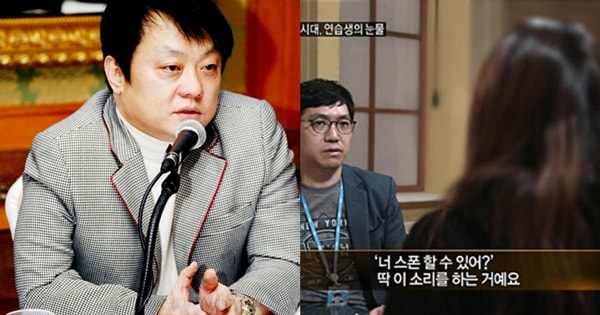The dark side of the billion-dollar entertainment industry
Behind the spotlight of the billion-dollar entertainment industry, few people know the harsh truth that Korean actors and idols have to go through to achieve success.
The influence of the Korean entertainment industry
It can be said that the beginning of the Korean entertainment industry's penetration into the world entertainment market was in the 2000s, when Korea began to release romantic movies that strongly appealed to the psychology of young people with beautiful actors, soundtracks, and scenes.
|
| Who still remembers movies like Stairway to Heaven, Winter Sonata or Full House,... that were once popular? |
Then, the Korean music market sparked a new wave - the idol wave or “Hallyu”. At this time, entertainment companies would train young, beautiful singers, combine catchy music with unique trends and images to attract young people. Every year, the Korean entertainment industry brings in billions of dollars to this country.
Korean idols and "slave contracts"
For young people who love Korean music, the concept of "Idol" is probably not strange. Once they become idols, they will be thoroughly trained from their voice to their appearance. They are considered the golden goose for the entertainment industry with a large number of fans from all over the world. However, the path to becoming an idol is not as easy as everyone thinks.
Before becoming idols, they have to sign “slave contracts” with their management companies. These contracts are used to bind trainees to work for the company after they become famous.
According to the Korea Times, this contract is valid for 13 years and has led to many lawsuits between idols and companies. A typical example is the lawsuit of a member of the famous Dong Bang Shin Ki (DBSK) band against the management company because the contract period was too long and did not bring any profit to the band members after they became successful.
Then in 2009, the term of the “slave contract” was reduced to 7 years by the FTC (Fair Trade Commission of South Korea).
|
| Idols have to sign a contract before they can debut. |
Once they become famous, idols or idol bands cannot terminate their contracts without permission before the end of their contracts. If they want to cancel their contracts, they have to pay three times the amount of money their management company invested in them to become famous. In other words, those idols have to work their whole lives to make up for that money.
Not only that, during their internship, they also have to spend a large amount of money for the company to practice the necessary skills (usually $65,000 for an internship).
Management companies in Korea say that the investment costs to “mold” a group or an idol are extremely expensive. From the cost of hiring a management team, choreographers, and wardrobe assistants to investing in trainees’ singing and dancing lessons as well as their living expenses, sometimes amount to thousands of dollars. Therefore, it is understandable that new idols receive less profit.
Living like puppets during internship
During their 10 years of training, trainees have to live in extremely harsh conditions. They have to stay in cramped dormitories, practicing their skills from morning to night. Therefore, it is understandable that trainees are forbidden from using phones or dating. And if they want to be "free", they have to have their first hit song.
|
| Pre-debut trainees have to do chores like cleaning, making coffee, and running errands. |
But they don’t just spend 10 years training, they also have to do other odd jobs. A singer named Jo Kwon once shared with the press that during his internship, he had to make coffee for the staff, run errands, and mop the floors.
As mentioned above, South Korea has tried to enact some regulations to help trainees regain their benefits, however, the newly enacted laws have not helped them much.
Risk of being harmed by anti-fans
K-pop idols not only have fans, but also anti-fans who are always lurking to post bad comments, or even curse. But, some people go further, they have the intention of assassinating their idols.
DBSK band leader Yunho shared on the show “Stagazing” that he once almost lost his life because he drank water mixed with iron glue that was placed in the break room.
|
| Threatening letter that antifan sent to group leader Yunho (DBSK). |
There were many other incidents such as anti-fans threatening to destroy Big Bang's concert, or when singer Jay Park left 2pm, many anti-fans signed a petition calling for Jay Park to commit suicide. This crazy petition has received more than 3000 signatures.
Sexual abuse
In 2009, a South Korean actress named Jang Ja-Yeon committed suicide in her own room after being sexually abused. Before her death, she left a few lines saying that she was forced to have sex with some of her bosses. She wrote that if she refused the offer, her manager would beat her mercilessly.
|
To investigate the case, the police went to Ja-Yeon's office building and found a secret room hidden behind a soy sauce panel specifically for serving the "needs" of the 'big guys'.
This was shocking news in Korea at the time, but the incident was not uncommon. Two-thirds of women working in the Korean entertainment industry said they were forced to have relationships with executives to advance their careers.
In 2012, CEO of entertainment company Open World Entertainment Jang Seok Woo was arrested for harassing 30 trainees, including girls in sixth grade. According to a report by the program Good Day - Entertainment Plus broadcast on MBC, Jang Seok Woo often put aphrodisiacs in the female trainees' drinks to force them to strip and then rape them.
|
| Open World Entertainment CEO Jang Seok Woo was arrested for sexually harassing trainees. |
Forced to have cosmetic surgery
Some stars are required to undergo plastic surgery before debuting to meet the standards. Not only female idols, male idols are also required to do the same. In Korea, before signing a trainee contract, both female and male trainees who want to become K-pop idols must agree to get a nose job.
Plastic surgery is very popular in Korea. Most Korean female students will get surgery when they are 19-20 years old. Therefore, if they want to become famous idols, they have to get “facelifts” to improve their image and meet the standard of perfection. A Korean journalist once wrote an article about the surgeries of stars. But when interviewed, all the celebrities said that it was okay to want to become more beautiful.







